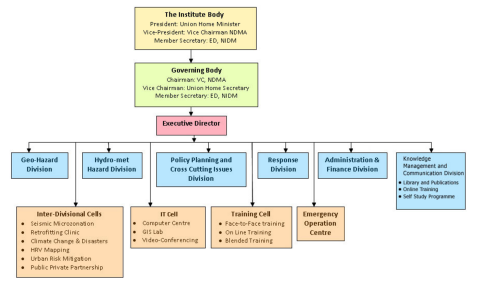I am a Ph.D. candidate in anthropology at the University of California, Irvine. I am working on my doctoral dissertation that explores post-disaster ecological imaginary shaped and performed through data practices in post-Fukushima Japan. My project examines how data practices of citizen radiation detection activities construct and reconfigure the understanding and experience of citizen scientists regarding post-Fukushima “Japan” as part of the ecosystem. For further projects, I am also interested in the sociocultural role of small data in the era of big data and how small data that represent and intervene in environmental issues are intersected and interacted with big data in various domains.
I am currently participating in the Transnational Disaster STS COVID-19 project and the COVID-19 and Data group as a subgroup of the project above. As a member of these groups, I am unraveling COVID-19 data practices and the relationships among multiple data actors such as the government, research institutions, media, and citizen scientists in Japan. I am also interested in how differently citizen data platforms have been gaining scientific and political authorities in Japan, the U.S., and South Korea during the pandemic.
I am particularly interested in these questions:
What do different disciplines and communities involved in COVID-19 response mean by “good data”?
How do local, national, and global data intersect, interact, and compete with each other?
What is shown and what is revealed or disregarded in COVID-19 data produced about different settings (a particular city, region, or country, for example)?
How are COVID-19 GIS data integrated with other data forms? What is the role of the GIS data in different COVID-19 settings?
What is the role of civic data as COVID-19 information in comparison to governmental or institutional data?
What do people expect from data within the COVID-19 pandemic?
How is the data circulated for COVID-19 different from data produced in another pandemic period?
I can be contacted at inahk[at]uci.edu.

